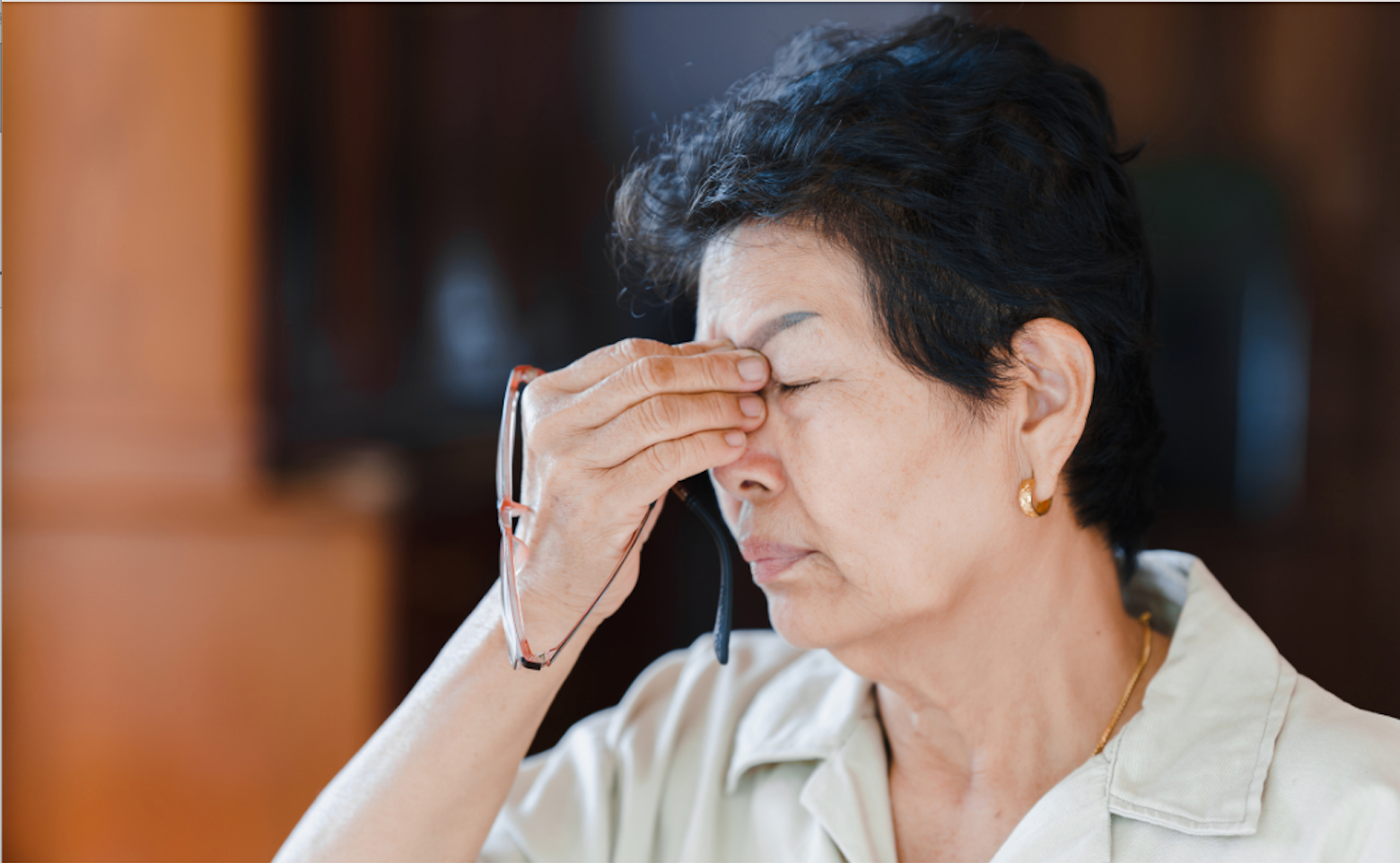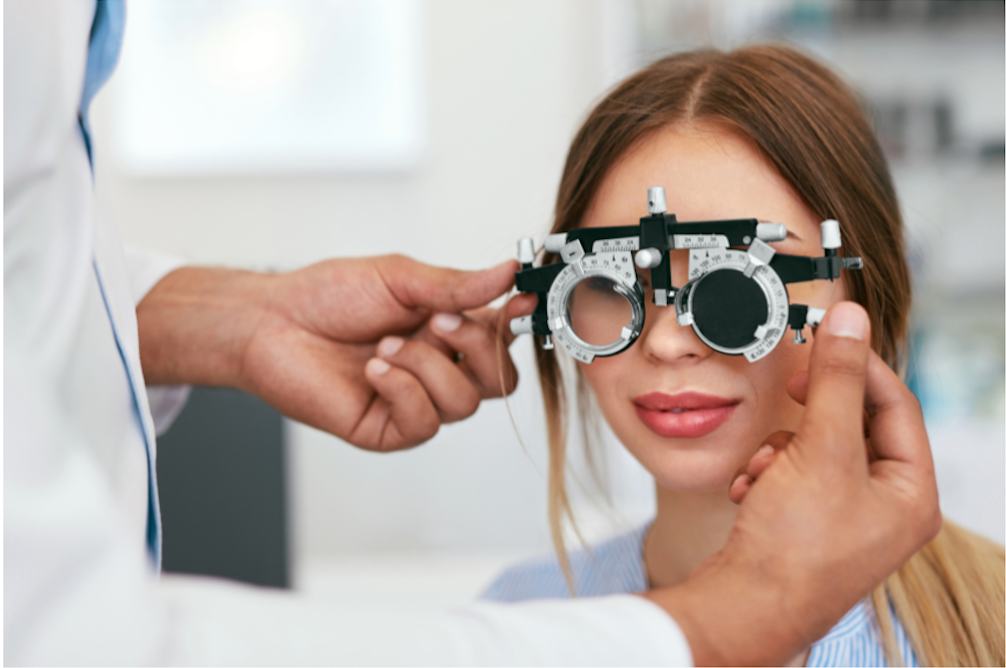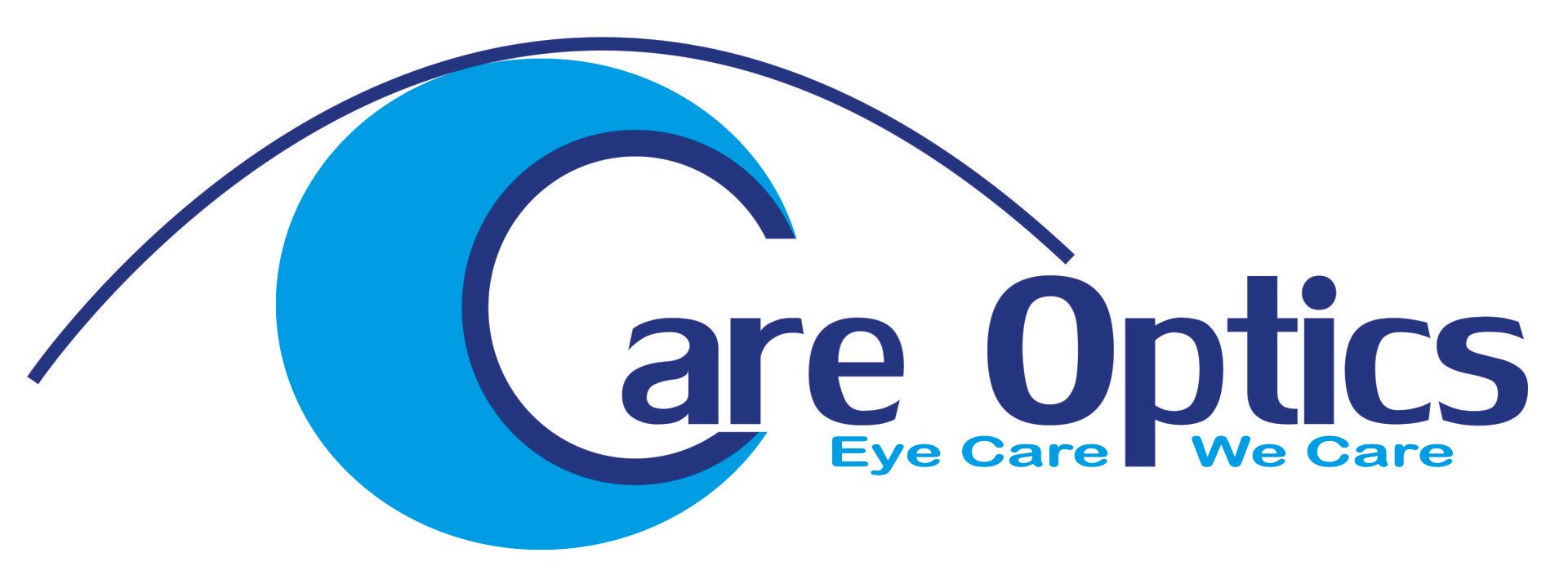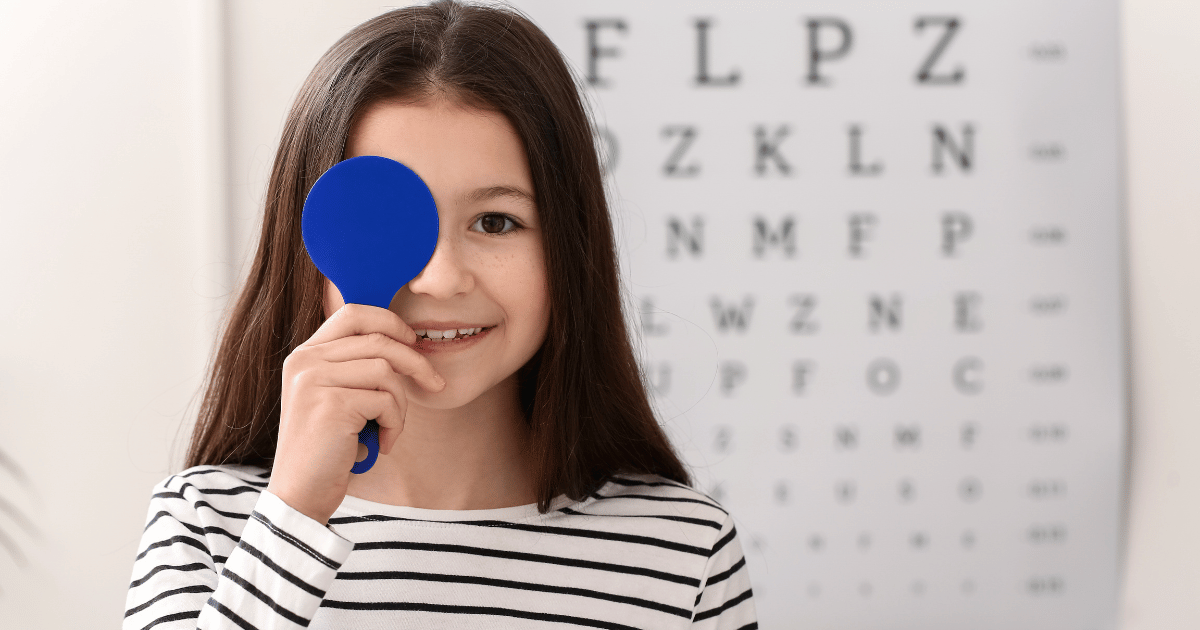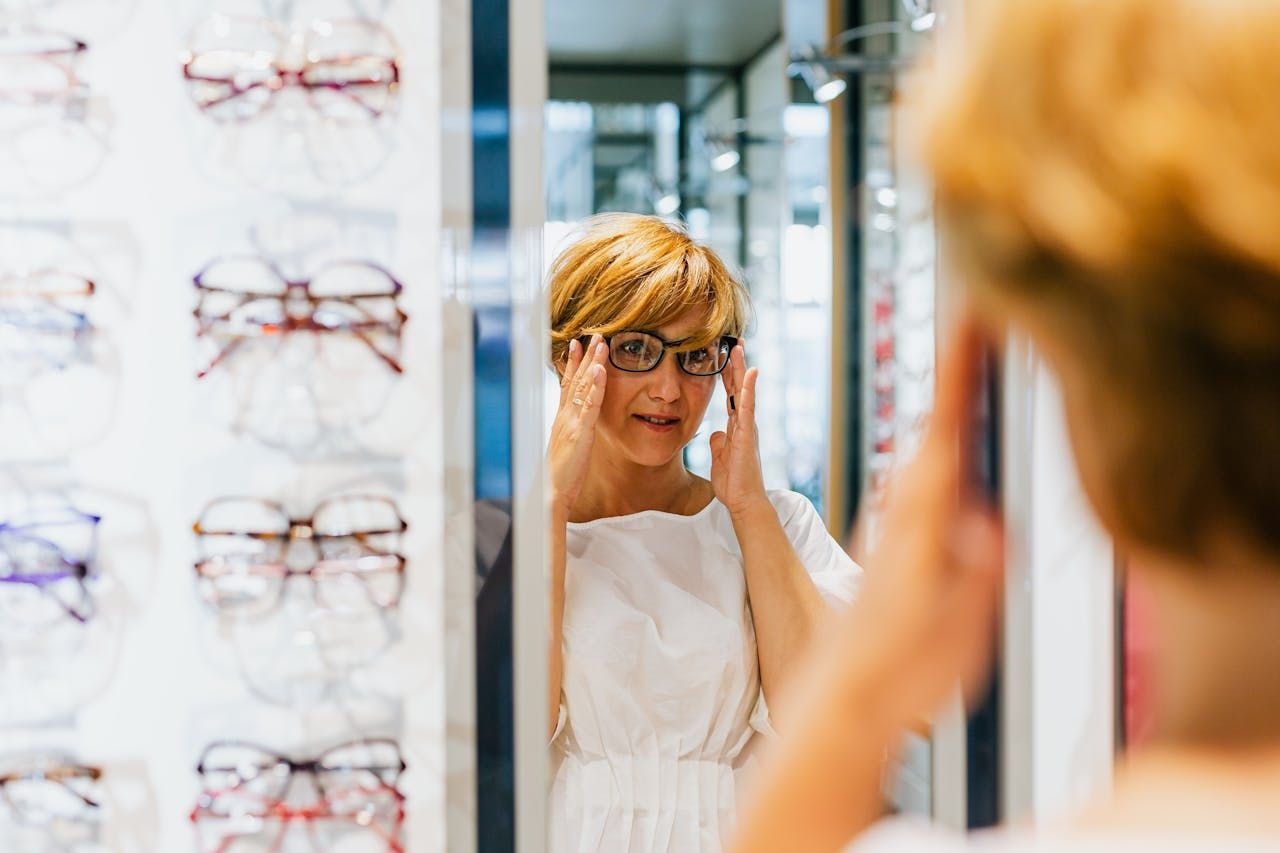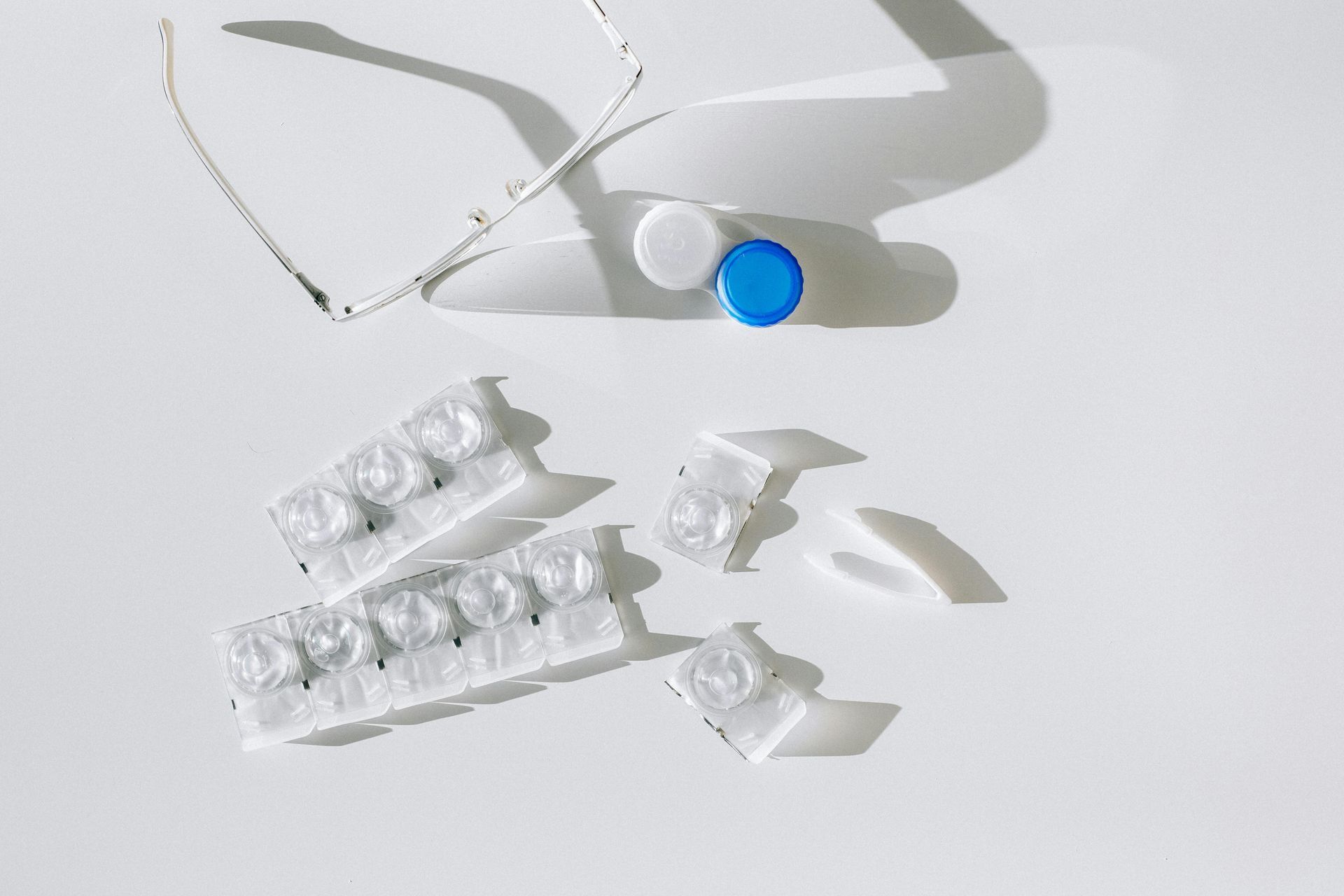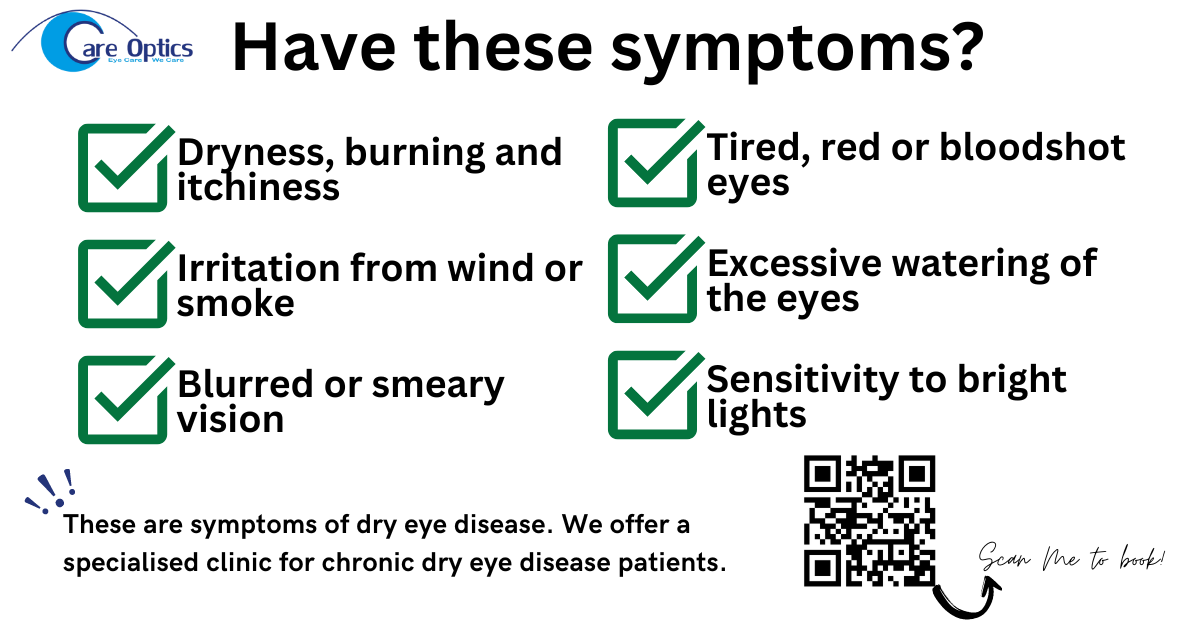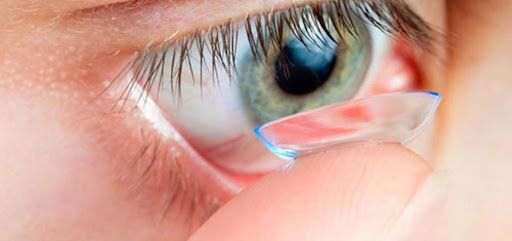Three police forces will test eyesight of all drivers stopped
- By Bilal Ahmad
- •
- 10 Jan, 2023
- •
Police forces in England are planning to test every motorist they stop in a bid to clamp down on drivers with defective eyesight.
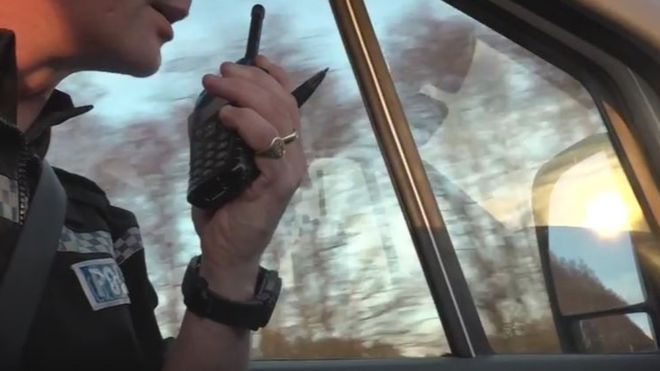
Drivers who fail to read a number plate from 20m (65ft) away when stopped by police will have their licences revoked immediately in a new crackdown.
Three forces in England are planning to test every motorist they stop in a bid to clamp down on drivers with defective eyesight.
Police say data from the tests will be used to improve understanding of the extent of poor driver vision.
The forces taking part are Thames Valley, Hampshire and West Midlands.
Officers can request an urgent revocation of a licence through the Driver & Vehicle Licensing Agency (DVLA) if they believe the safety of other road users will be put at risk if a driver remains on the road.
Under current rules, the only mandatory examination of a driver's vision takes place during the practical test, when learners must read a number plate from 20 metres.
After a person has obtained a licence, it is up to them to inform the DVLA if they develop vision problems.
The DVLA said if a licence has been revoked because a driver has failed the eyesight test, evidence must be provided on reapplication showing that the driver's vision meets the required standard.
If the evidence provided is acceptable, the agency will require an additional eye test.
Sgt Rob Heard, representing the police forces taking part in the campaign, said: "Not being able to see a hazard or react to a situation quickly enough can have catastrophic consequences."
What happens if your licence is revoked?
- If your licence is revoked - which can occur for a number of medical reasons - you will have to apply for a new one, paying the fee as you would for a first licence.
- The DVLA will give you a disqualification period, during which a driver cannot apply for a new licence.
- You can then reapply eight weeks before the end of this period, and you may need to send evidence that you are fit to drive. The letter from the DVLA will tell you if this is the case.
- Not having a valid driving licence will often mean that your insurance is invalid.
He warned that officers will be carrying out eyesight checks "at every opportunity".
The power to revoke licences was introduced in 2013 under Cassie's Law, named after 16-year-old Cassie McCord, who died when an 87-year-old man lost control of his vehicle in Colchester, Essex.
It later emerged he had failed a police eyesight test days earlier, but a legal loophole meant he was allowed to continue driving.
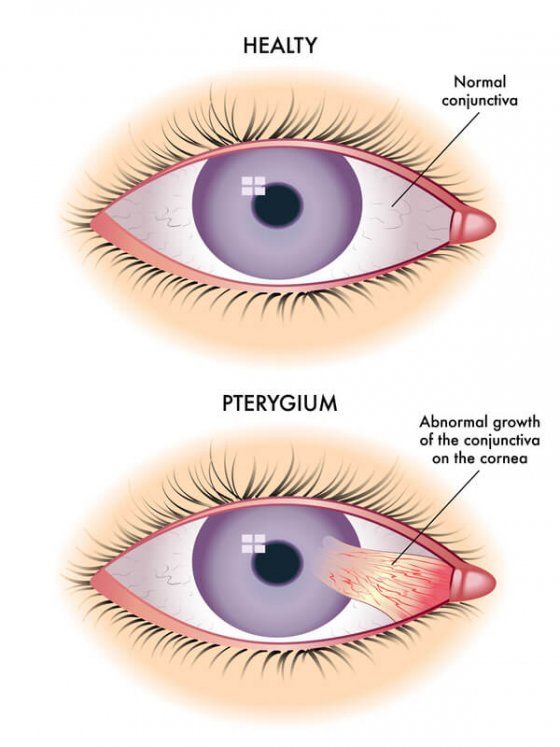
Causes
As written above, UV exposure seems to be one of the main reasons for Pterygium development, but wind and dust can also cause it as this leads to Dry Eye Disease, which by consequence will lead to this condition. Genetics may also play an important part, as some people seem to be more at risk than others.
Signs & Symptoms
Pterygium usually appears on the side of your eye that is closest to the nose, but it can also appear on the other sometimes. It is common to have it in one eye only, although sometimes it may appear on both eyes.
There are people who don't experience any symptoms or require treatment in the beginning, but as the growth develops, there can be redness, gritty, itchy or burning sensation, the eyes can become irritated and even swollen.
When the Pterygium starts to invade the cornea, it distorts the shape of the front of the eye, causing the curve of the cornea to change, leading then to refractive errors (Astigmatism in most cases).
Treatment
The treatment depends on the size of the Pterygium itself. If it's just a small growth, your Optometrist/Ophthalmologist can advise the patient on lubricants (eye drops or gels) to temporary reduce symptoms like redness, swelling, itchy or gritty felling.
If the Pterygium is more advanced, the only option is then surgery.
How to avoid it
As previously said, UV radiation and exposure seems to be one of the main reason leading to Pterygium. For that you have the perfect solution that is available for everyone - sunglasses . A good pair of sunglasses will filter the UV rays, giving you a sharper vision but also protecting you from conditions like Pterygium, Cataracts, Glaucoma, etc. Make sure to buy your sunglasses from a Optician instead of a shop non-related to eye care. A good pair of sunglasses should have UVA, UVB and UVC protection, and usually those shops will only have one of those protections - or even none.
We remind you that if you have any of these symptoms or any other, if you need to book an appointment or if you have any queries, please contact us over phone or email. We will be very happy to help you.
Keep in mind: At Care Optics - Eye Care, We Care
